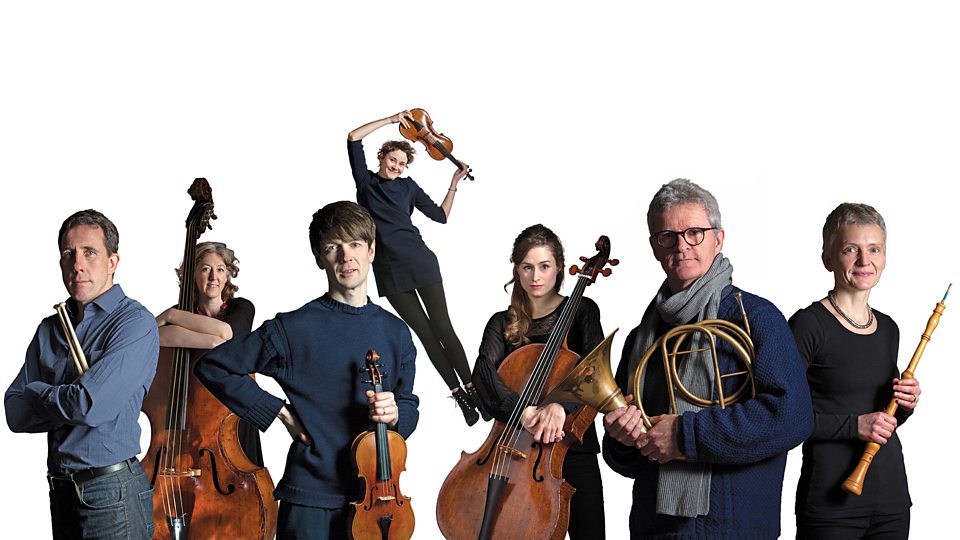by Daniel Hathaway

The Pergolesi featured soprano Katherine Watson and countertenor Iestyn Davies — two beautifully matched voices that were at times indistinguishable from one another. Jonathan Cohen led the ensemble from the keyboard of a chamber organ, making subtle but expressive gestures.
A long Medieval poem variously attributed to the 13th-century Franciscan friar Jacopone da Todi or to Pope Innocent III, Stabat Mater tugs at the heartstrings. Pergolesi set twelve of its stanzas, using materials from his earlier setting of Dies irae, appropriately completing the work in a Franciscan monastery shortly before his early death at 26 from tuberculosis.
The poem itself has had its detractors. W.H. Auden thought it was the first piece of Medieval literature that could be called vulgar, and Pergolesi’s setting has been called too close for comfort to the spirit of his comic opera La serva padrona.
Nonetheless, Watson, Davies, Cohen, and OAE gave it a glowing reading, full of expressive nuance and attentive to its changes of mood.
After intermission, the 16-voice choir filed onstage along with oboist Katharina Spreckelsen, creating a funny little moment when Cohen appeared, surprised to find his soloist for the Albinoni already in place. He led the concerto from the harpsichord.
The writing is ornate, replete with figuration and filigree that can get in the way of what lies underneath. But Spreckelsen cleverly incorporated all the composer’s Baroque froufrou seamlessly into her melodic lines, and Cohen and the strings were faultless collaborators.
The Choir of the OAE are deeply steeped in the British choral tradition and know how to effectively sing to a large space. After Vivaldi’s bouncy prelude to the Gloria, where Spreckelsen and trumpeter David Blackadder perfectly blended their tones, the first choral entrance was thrillingly focused. It helped that the alto line was sung by four countertenors, which added color and strength to that part of the choral spectrum.
Sopranos Rowan Pierce and Katherine Watson paired beautifully in the “Laudamus Te,” as did Watson and Spreckelsen in the “Domine Deus.” Iestyn Davies sang the “Domine Deus, Agnus Dei” with fine expression. The choir made a specially festive moment out of the “Domine, Fili unigenite,” and a sonorous one out of the “Qui tollis peccata mundi.” Not only did the singers and instrumentalists put spirited music across to the audience, they also transmitted infectious joy into the chapel.
A tremendous ovation followed, accompanied by traditional Oberlin foot-stomping. Jonathan Cohen and his forces responded with a true encore. “We’re going to play the ‘Domine, Fili unigenite,’ because it’s such fun,” Cohen said. It is — and was again the second time, when the three soloists stepped into the ranks and joined the choir.
Published on ClevelandClassical.com November 26, 2019.
Click here for a printable copy of this article



